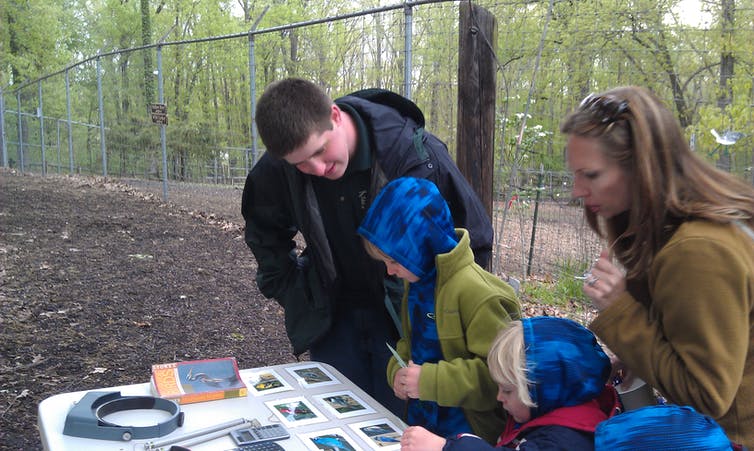
How to Avoid the Summer Slide and Help Your Kids Remember What They Learned
Each summer, we shift our families out of high learning gear, and focus on memorable family experiences, time with friends, and creative outlets for the kids. On the heels of a pandemic, where our kids likely missed out on the full, rich experience of a well-rounded homeschool experience, we might be a bit concerned that what they learned in the first half of 2020 might not stick around to the fall.
What is the “Summer Slide”
The concept of the summer slide was first formally discussed at length in a 1996 comprehensive study that showed that “kids lose significant knowledge in reading and math over summer break, which tends to have a snowball effect as they experience subsequent skill loss each year.”
Children lose about 20% of reading skills, and nearly 30% of math skills, according to a separate study by NWEA that covered 3rd, 4th, and 5th graders. While it’s tempting to give our kids a full summer of freedom, evidence shows that even a casual always-learning atmosphere can help keep the knowledge fresh.
Keep That Summer Vibe, But…
Some families choose to school year around, and others opt for a full summer while balancing the trade-offs. It depends entirely on your family dynamic and summer traditions.
However, if you’re concerned about the loss of that hard-earned knowledge, especially when your child struggles with a particular subject, try to sprinkle in fun learning challenges. Focus on the weakest subjects in new, but interesting, ways that you hadn’t tried during the school year.
Try Something New
If your family already has an account on our eHomeschool platform (called eTAP), your children have unlimited access to grade-appropriate material for math, science, geology, chemistry, and social studies. How might you use this curriculum differently during the summer?
- Allow your child to explore available subjects and find new topics that interest them.
- Challenge them to ace a unit review test for a math topic that gave them trouble earlier in the year.
- Get a head start with standardized test prep
- Let your most ambitious kids attack material one, two, or more grade levels higher
Get Outside
Researchers have found that “novelty stimulates the brain and promotes learning”, and what is summer better at than providing our kids with freedom to explore new places and environments.
Historic places of interest, camping with the family, road trips, music lessons, or simply playing outside are all excellent options to spark creative thought and stimulate a love of learning.
More Ideas
For a more casual learning tempo, here are 8 more ways to keep your kids smart over the break, and for the youngest of students, here are 8 summer play activities for little fingers.
Enjoy your summer! ☀️🍹


